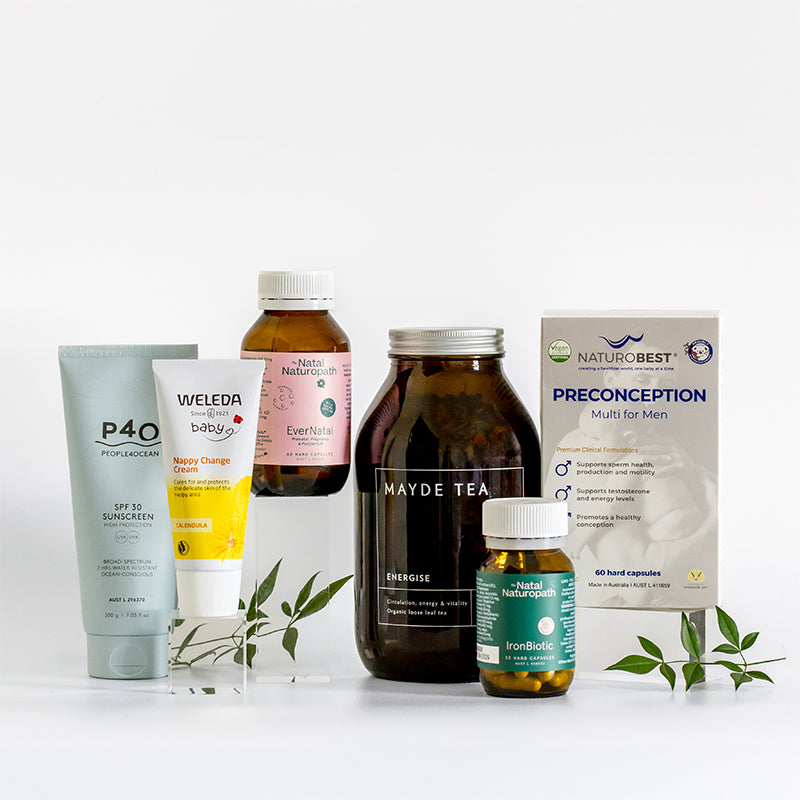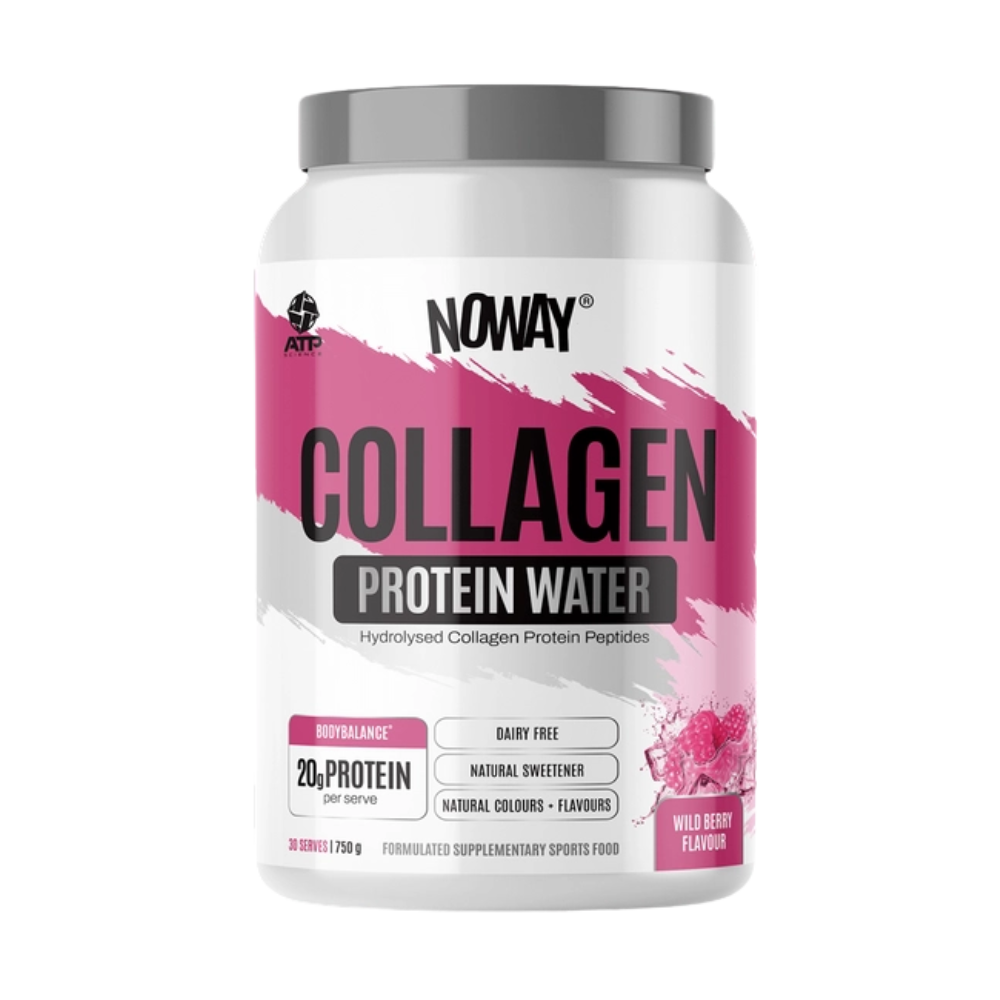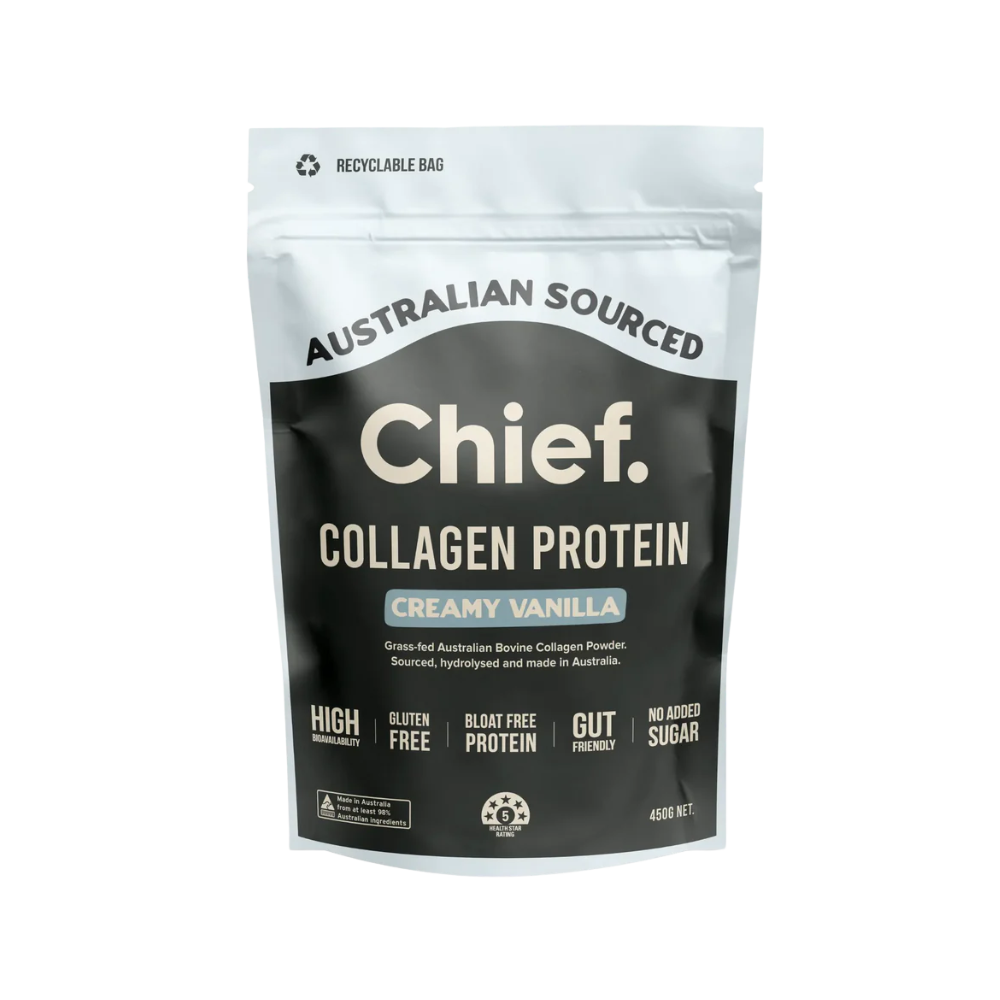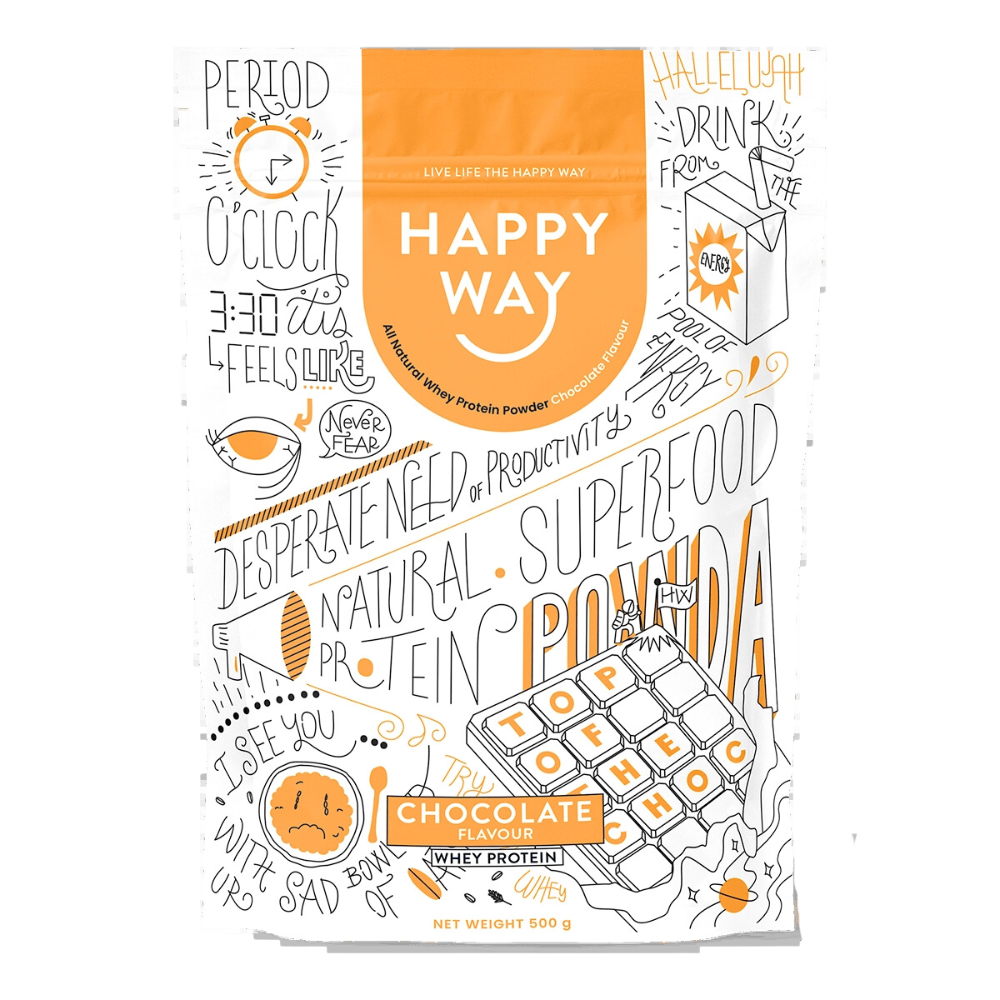Protein doesn’t always get the attention it deserves, but it plays a vital role in almost every system of the body - from supporting hormone health to keeping blood sugar steady. And it’s just as important for everyday wellbeing as it is for anyone in the gym!
For many women, especially during times of stress, fatigue, or hormonal shifts, getting enough real protein can mean the difference between a steady day and one full of cravings, mood swings or brain fog.
Let’s unpack why protein matters so much, and how to get more of it without feeling like you need to live on steak or protein shakes.
Protein isn’t just about muscles.. it’s about hormones, energy, and mood
Your body uses protein to repair tissues, build enzymes, make hormones, and support immune function. If you’re feeling depleted, reaching for sugar constantly, or noticing energy crashes mid-afternoon, there’s a good chance your protein intake is too low - or just poorly timed.
Protein also helps you feel satiated. That means more calm between meals, fewer frantic fridge raids at 9pm, and a more stable blood sugar curve throughout the day (win-win!)
Where we get it wrong: only thinking of meat, milk, and eggs
Yes, animal products are high in protein. But the idea that they’re our only meaningful sources isn’t accurate - and it leaves a lot of women short on both variety and nutrients.
Many whole plant foods offer impressive levels of protein along with minerals, fibre, and healthy fats that support hormones, digestion, and nervous system health (win-win-win!!).
Some standouts per 100g:
-
Peanut butter: 26g
-
Pepitas (pumpkin seeds): 26g
-
Almonds/pistachios: 23g
-
Cashews: 21g
-
Chia seeds or tahini: 20g
For comparison:
-
Chicken: 33g
-
Beef: 27g
-
Pork: 22g
-
Duck: 19g
When you put them side by side, you can see: it’s not just about meat! And for anyone managing digestive issues, inflammatory conditions, or simply wanting more variety, plant-based options can be a valuable part of the mix.
What about beans, lentils, and vegetables?
Legumes - like chickpeas, lentils, fava beans and split peas - contain anywhere from 6 - 20% protein depending on the variety. While most vegetables sit lower (3 - 4%), they become powerful when combined with protein-rich foods like tahini, beans, or quality grains like quinoa or buckwheat. This is how traditional cultures have built nourishing, balanced meals for centuries.
Is animal protein easier to absorb? Usually. But context matters.
Animal proteins are generally more “bioavailable” - meaning your body can break them down more efficiently and access all nine essential amino acids in one go. But this doesn’t mean plant proteins are inferior. It just means we need to eat a variety, and not rely on the same food over and over again.
So, what’s more important? Choosing protein that your body can digest well! For some, that’s slow-cooked lamb. For others, it’s a chickpea stew or hemp seed smoothie. The right kind of protein is the one that supports your gut and hormones.
Best proteins for everyday balance
Aim for proteins that are close to their whole food form and as unprocessed as possible. Think:
-
Slow-cooked meats or bone-in poultry
-
Wild fish and seafood
-
Free-range eggs
-
Legumes, beans, and lentils
-
Full-fat yoghurt or kefir
-
Nuts, seeds, and their butters
-
Plant-based protein powders without artificial sweeteners or fillers
The goal isn’t to obsess over grams - it’s to notice how you feel when your plate includes enough protein. Fuller, calmer, less foggy? That’s your sign.
Real-life, protein-rich snacks that don’t feel like “diet food”
Let’s be honest: most of us snack because we’re hungry now. Stock your fridge and pantry with quick options that actually satisfy:
-
Boiled eggs with a pinch of salt
-
Veggie sticks with hummus or hemp seed dip
-
Nut butter on oatcakes or apple slices
-
Tuna or salmon with crackers or seaweed wraps
-
Bliss balls made with tahini, seeds, and dates
-
Greek yoghurt with chia and berries
-
A smoothie with clean protein powder, nut milk and cacao
-
Leftover meatballs or frittata slices straight from the fridge
What to take away from all this?
If you’re feeling tired, snacky, or struggling with focus, it might be time to check your protein intake. Building meals (and snacks) around real, quality protein is one of the simplest ways to support hormone balance, energy, and appetite regulation - without relying on caffeine or sugar to get you through the day (we’ve all been there)!
You don’t need to overhaul your diet. Just start by asking: where’s the protein on this plate?
Your body will thank you.
If you’d like personalised support figuring out what kind of protein works best for your body, our team of qualified naturopaths is here to help!
You can book a consultation or check out our wellness shop to explore our favourite clean, high-quality protein powders. Use code BLOG at checkout for 10% off!







